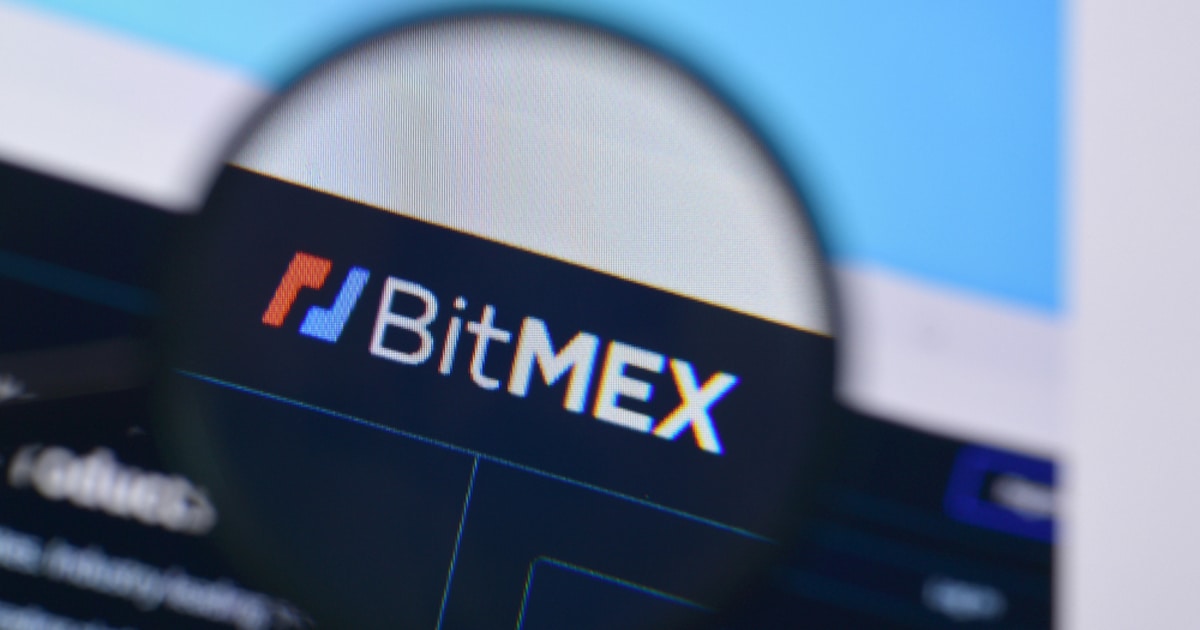Digital Currency Group (DCG) is facing a significant financial challenge, with a debt of approximately $575 million owed to Genesis in May. This debt, incurred through one of three loans used to short Bitcoin, has increased, creating a scenario of default risk for DCG.
Despite the urgency of the situation, there is not enough time to get a new term sheet (TS). A term sheet is a non-binding agreement between parties that outlines the key terms and conditions of a potential financing or investment deal.
It typically includes information such as the amount of funding, the valuation of the company, and any rights or restrictions attached to the investment. In the case of DCG’s debt to Genesis, a new term sheet would be necessary to renegotiate the existing loan terms and potentially avoid default.
DCG’s Default Risk Mounts as May Deadline Approaches
Ram Ahluwalia, CEO of analytics firm PeerIQ, analyzed DCG’s financials and noted that the company is interested in getting this deal done. However, there has been no report of the Digital Currency Group doing an equity raise to plug the hole, and it seems unlikely, given the ongoing lawsuits.
1/ DCG owes ~$575 MM to Genesis in May. (DCG is short bitcoin via one of the 3 loans so amount owed is now higher)
There is now not enough time to get a new TS, definitive docs, and forebearance in place. This creates a scenario for DCG default risk. 🧵 https://t.co/OFpdPXvorx
— Ram Ahluwalia, higher for longer crypto CFA (@ramahluwalia) April 26, 2023
Furthermore, Digital Currency Group has not sold or financed any prized assets, including Grayscale, Coindesk, Foundry, or Luno. This suggests that the company is not planning to liquidate its assets to cover the debt but seeking alternative solutions to resolve the issue.
Adding to the pressure, DCG tokens faced a significant downturn during the Nov/Dec market, leading to concerns over forced or actual selling. While they have bounced back somewhat in sympathy with Bitcoin, they have lagged.
Additionally, Digital Currency Group has already pledged $465 million of GBTC held to Gemini Earn in August 2022, with roughly half of that already sold. While the other half has appreciated in value, a significant gap of $300-400 million still needs to be filled.
Moreover, the loans issued to DCG are some of the best assets on Genesis’s balance sheet. This creates a tense situation, as higher BTC prices increase the amount owed to Genesis and cash flow for Grayscale over time, thereby increasing Grayscale’s enterprise value.
Can Digital Currency Group And Genesis Find Common Ground?
The ongoing Grayscale suit vs. the SEC adds another layer of complexity to the situation. While it is hoped that Grayscale’s suit will prevail, enabling investors to get out of the trust, this would cause Bitcoin redemptions, hurting cash flow generation for DCG and reducing buyer interest.
The immediate focus is on May 11th, when Genesis’s 4,500 bitcoin loan is due. This translates to $135 million, assuming BTC is at $30K. This deadline is critical for Digital Currency Group, as defaulting on this loan could have significant implications for the company and the cryptocurrency market as a whole.
Overall, DCG’s financial challenges have created a scenario of default risk, with concerns over whether there will be enough liquid assets to cover the outstanding debt to Genesis. The situation is complex, with multiple tensions at play, including the price of BTC and the ongoing Grayscale suit vs. the SEC.
Featured image from iStock, chart from TradingView.com
Credit: Source link














































